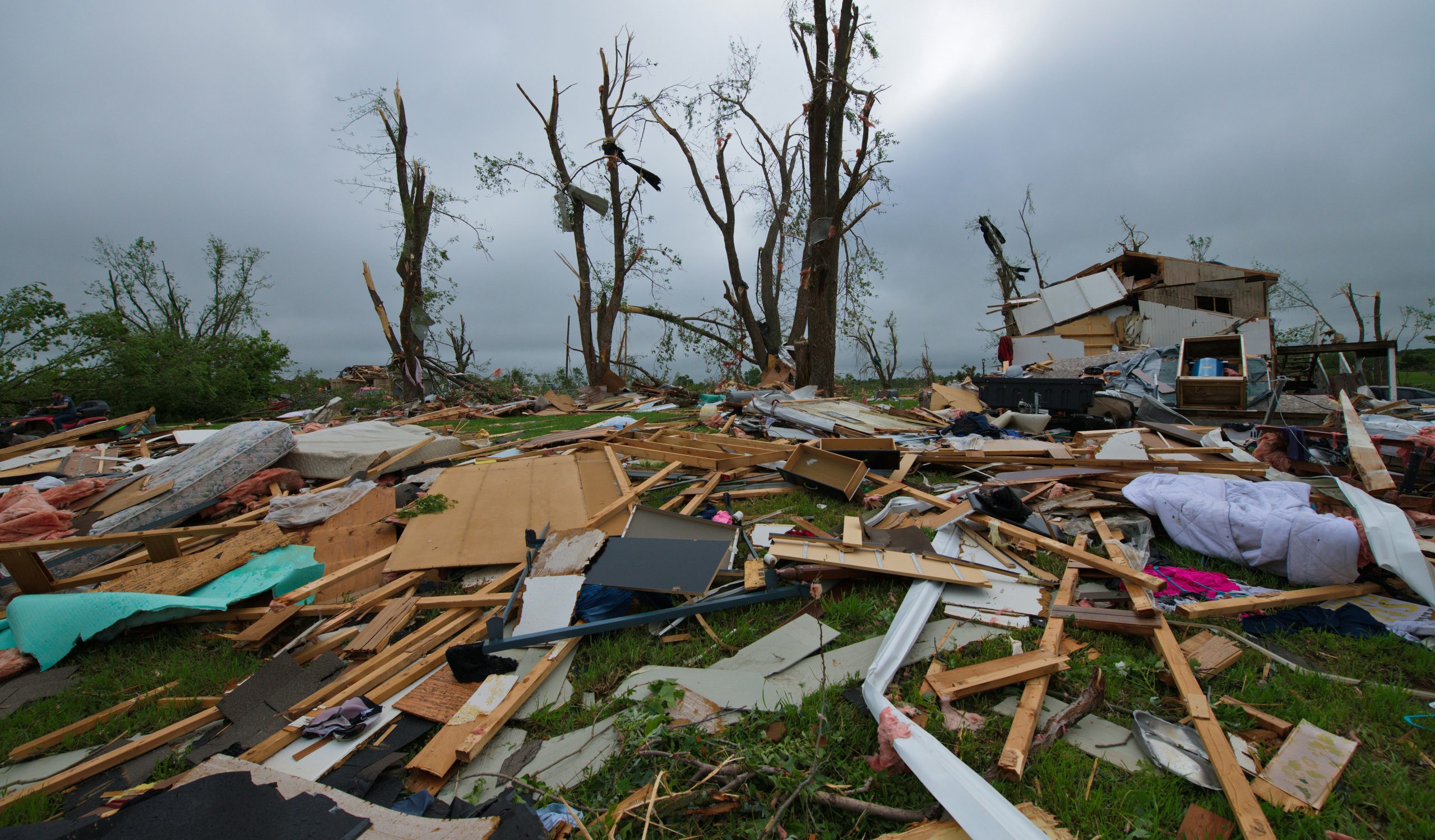
After severe weather events, communities often come together to rebuild and recover. Unfortunately, this period also attracts scammers looking to exploit vulnerable homeowners. From fraudulent contractors to fake charities, these post-storm scams can lead to significant financial losses. Being informed and cautious is your first line of defense against such deceitful practices.
1. Beware of Unlicensed Contractors Offering Immediate Repairs
Scammers often pose as contractors, offering quick fixes for storm damage. They may pressure you to sign contracts immediately or demand full payment upfront. Legitimate contractors will provide written estimates and proof of licensing and insurance. Always verify credentials through your state’s licensing board or local authorities. Remember, if it sounds too good to be true, it probably is.
2. Don’t Fall for FEMA or Government Impersonators
Fraudsters may claim to be representatives from FEMA or other government agencies, offering assistance for a fee. Official agencies do not charge for disaster aid applications or inspections. Never provide personal information or payment to unsolicited callers or visitors. Verify any claims by contacting the agency directly through official channels. Stay vigilant and protect your personal data.
3. Be Cautious with Charity Solicitations
In the aftermath of disasters, fake charities often emerge, seeking donations. These scams exploit the goodwill of individuals wanting to help. Before donating, research the organization through platforms like Charity Navigator or the Better Business Bureau. Avoid giving cash or providing financial information to unsolicited requests. Ensure your contributions support legitimate relief efforts.
4. Protect Your Personal Information
Scammers may attempt to collect personal details under the guise of providing aid. Be wary of unsolicited calls, emails, or messages requesting sensitive information. Legitimate organizations will not ask for personal data through unsecured channels. Safeguard your identity by verifying the source before sharing any information. Regularly monitor your accounts for unauthorized activities.
5. Report Suspicious Activities Promptly
If you suspect you’ve encountered a scam, report it to the appropriate authorities immediately. Contact the Federal Trade Commission (FTC) or your state’s consumer protection office. Prompt reporting can help prevent others from falling victim to similar schemes. Keep records of all interactions and transactions related to the suspected fraud. Your vigilance contributes to broader community protection.
Staying Safe in the Aftermath
Recovering from a storm is challenging enough without the added burden of scams. By staying informed and cautious, you can protect yourself and your community from fraudulent activities. Always verify the legitimacy of contractors, charities, and aid organizations before engaging. Remember, taking a moment to research can save you from potential heartache and financial loss.
Have you or someone you know encountered a post-storm scam? Share your experiences and tips in the comments to help others stay protected.
Read More
Senior Scam Warning: 10 Scams Specifically Target Seniors
Stay Vigilant: Recognizing and Avoiding EBT Scams

Drew Blankenship is a former Porsche technician who writes and develops content full-time. He lives in North Carolina, where he enjoys spending time with his wife and two children. While Drew no longer gets his hands dirty modifying Porsches, he still loves motorsport and avidly watches Formula 1.
Comments